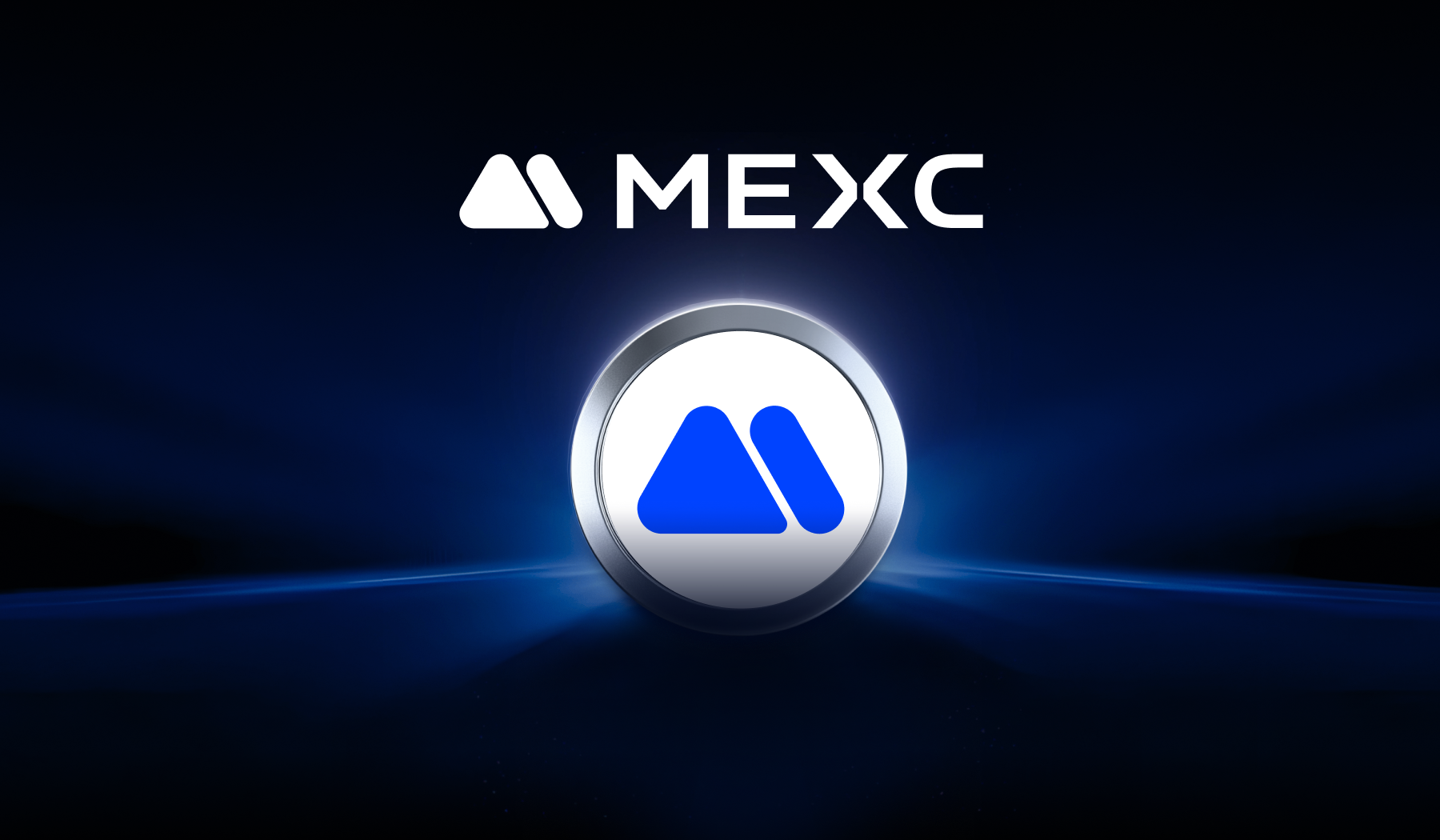Bybit integrates Avalon through CeFi to DeFi bridge for Bitcoin yield
Crypto exchange Bybit has partnered with lending protocol Avalon to offer Bitcoin yield to its users.According to an April 14 Avalon Labs X announcement, the centralized decentralized finance (CeDeFi) protocol will now be a part of the exchange’s yield product, Bybit Earn. Avalon said it will allow the platform’s users to earn yield from Bitcoin (BTC) by arbitrating on its fixed-rate institutional borrowing layer.Source: Avalon LabsAvalon Labs announced in March that it raised a minimum of $2 billion worth of credit with possible scaling as the need arises. The product allows institutional borrowers to access USDt (USDT) liquidity without liquidating their Bitcoin holdings at a fixed 8% borrowing cost.In February, Avalon Labs also announced it was considering issuing a Bitcoin-backed debt-focused public fund. Venus Li, co-founder of Avalon Labs, said at the time that the fund could be issued by leveraging a Regulation A US securities exception:“We have spent years researching how Regulation A has been applied in traditional finance and whether it could be a viable path for crypto companies. While successful precedents in the crypto industry are limited, our analysis of previous SEC-approved cases suggests a viable path forward.”Related: Bitcoin yield opportunities are booming — Here’s what to watch forCentralized and decentralized finance uniteAvalon Labs’ product is a CeDeFi protocol, somewhere between decentralized finance (DeFi) and centralized finance (CeFi). This product category — with increased control over capital flows and access — often has advantages in meeting regulatory requirements for integrating with CeFi platforms.The Bybit Earn integration leverages Avalon Labs’ 1:1 Bitcoin-pegged token FBTC, developed by DeFi protocol Mantle and Bitcoin-centric crypto developer Antalpha Prime. These tokens are then bridged onto Ethereum and other blockchains.Related: Ethena Labs, Securitize launch blockchain for DeFi and tokenized assetsA multi-protocol systemAvalon Labs’ platform accepts FBTC as collateral and lends it at fixed rates. The borrowed USDt stablecoin is then deployed to high-yield strategies through the Ethena Labs synthetic dollar protocol. The assets employed in those strategies include Ethena USD (USDe) and Ethena Staked USD (sUSDE). The announcement claims:“Returns are stable, secure, and passed back to Bybit Earn users—making Bitcoin a productive asset while maintaining simplicity and risk control.“In other words, Avalon Labs serves as a bridge between Bybit and the yield-earning potential of Ethena Labs’ protocol. Avalon Labs describes this as a “CeFi to DeFi” bridge.The news follows Ethena raising $100 million in late February to deploy a new blockchain and launch a token focused on traditional finance. In January, Ethena also announced plans to roll out iUSDe, a product identical to USDe but designed for regulated financial institutions.Bybit did not respond to Cointelegraph’s inquiries by publication.Magazine: The real risks to Ethena’s stablecoin model (are not the ones you think)



Crypto exchange Bybit has partnered with lending protocol Avalon to offer Bitcoin yield to its users.
According to an April 14 Avalon Labs X announcement, the centralized decentralized finance (CeDeFi) protocol will now be a part of the exchange’s yield product, Bybit Earn. Avalon said it will allow the platform’s users to earn yield from Bitcoin (BTC) by arbitrating on its fixed-rate institutional borrowing layer. Source: Avalon Labs
Avalon Labs announced in March that it raised a minimum of $2 billion worth of credit with possible scaling as the need arises. The product allows institutional borrowers to access USDt (USDT) liquidity without liquidating their Bitcoin holdings at a fixed 8% borrowing cost.
In February, Avalon Labs also announced it was considering issuing a Bitcoin-backed debt-focused public fund. Venus Li, co-founder of Avalon Labs, said at the time that the fund could be issued by leveraging a Regulation A US securities exception:
“We have spent years researching how Regulation A has been applied in traditional finance and whether it could be a viable path for crypto companies. While successful precedents in the crypto industry are limited, our analysis of previous SEC-approved cases suggests a viable path forward.”
Related: Bitcoin yield opportunities are booming — Here’s what to watch for
Centralized and decentralized finance unite
Avalon Labs’ product is a CeDeFi protocol, somewhere between decentralized finance (DeFi) and centralized finance (CeFi). This product category — with increased control over capital flows and access — often has advantages in meeting regulatory requirements for integrating with CeFi platforms.
The Bybit Earn integration leverages Avalon Labs’ 1:1 Bitcoin-pegged token FBTC, developed by DeFi protocol Mantle and Bitcoin-centric crypto developer Antalpha Prime. These tokens are then bridged onto Ethereum and other blockchains.
Related: Ethena Labs, Securitize launch blockchain for DeFi and tokenized assets
A multi-protocol system
Avalon Labs’ platform accepts FBTC as collateral and lends it at fixed rates. The borrowed USDt stablecoin is then deployed to high-yield strategies through the Ethena Labs synthetic dollar protocol. The assets employed in those strategies include Ethena USD (USDe) and Ethena Staked USD (sUSDE). The announcement claims:
“Returns are stable, secure, and passed back to Bybit Earn users—making Bitcoin a productive asset while maintaining simplicity and risk control.“
In other words, Avalon Labs serves as a bridge between Bybit and the yield-earning potential of Ethena Labs’ protocol. Avalon Labs describes this as a “CeFi to DeFi” bridge.
The news follows Ethena raising $100 million in late February to deploy a new blockchain and launch a token focused on traditional finance. In January, Ethena also announced plans to roll out iUSDe, a product identical to USDe but designed for regulated financial institutions.
Bybit did not respond to Cointelegraph’s inquiries by publication.
Magazine: The real risks to Ethena’s stablecoin model (are not the ones you think)











































































































































































![[The AI Show Episode 144]: ChatGPT’s New Memory, Shopify CEO’s Leaked “AI First” Memo, Google Cloud Next Releases, o3 and o4-mini Coming Soon & Llama 4’s Rocky Launch](https://www.marketingaiinstitute.com/hubfs/ep%20144%20cover.png)








































































































































































































































.png?#)








-Baldur’s-Gate-3-The-Final-Patch---An-Animated-Short-00-03-43.png?width=1920&height=1920&fit=bounds&quality=70&format=jpg&auto=webp#)























_Aleksey_Funtap_Alamy.jpg?width=1280&auto=webp&quality=80&disable=upscale#)












































































































![Apple's Foldable iPhone May Cost Between $2100 and $2300 [Rumor]](https://www.iclarified.com/images/news/97028/97028/97028-640.jpg)
![Apple Releases Public Betas of iOS 18.5, iPadOS 18.5, macOS Sequoia 15.5 [Download]](https://www.iclarified.com/images/news/97024/97024/97024-640.jpg)
![Apple to Launch In-Store Recycling Promotion Tomorrow, Up to $20 Off Accessories [Gurman]](https://www.iclarified.com/images/news/97023/97023/97023-640.jpg)





































































































































